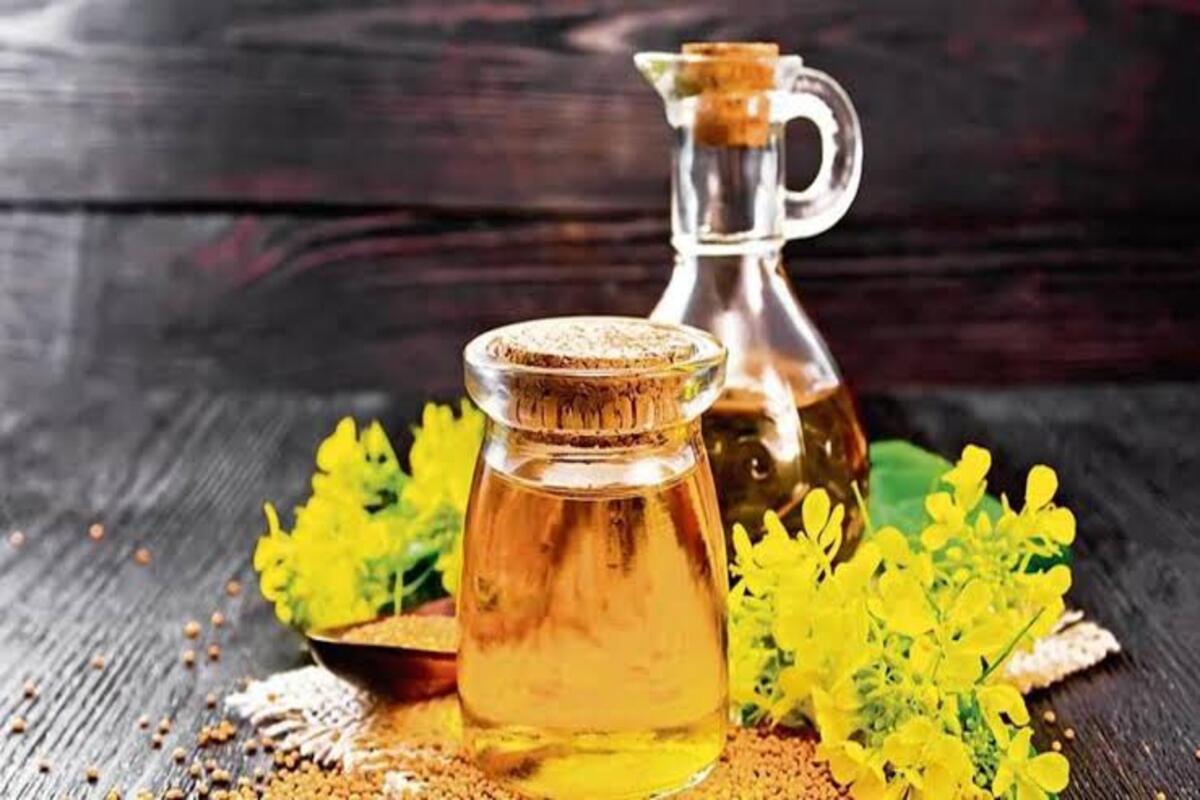U’khand cabinet passes new land law, will forbid outsiders buy agri land
The Uttarakhand government on Wednesday cleared the much talked about land law to prevent non-state natives from buying large area and agricultural land in the hill state.
Though the GEAC had opened the proposal in 2017, the Ministry had rejected it reasoning that the GEAC hold more studies on the GM crop.

(Representational image: iStock)
The Genetic Engineering Appraisal Committee (GEAC) that works under the Union Environment Ministry has approved the proposal for the commercial cultivation of genetically modified (GM) mustard.
The proposal will now again put forward for the approval of the Environment Ministry. Though the GEAC had opened the proposal in 2017, the Ministry had rejected it reasoning that the GEAC hold more studies on the GM crop.
Advertisement
However, a GEAC meeting held on October 18 permitted the environmental release of two varieties of genetically engineered mustard, so that it can be utilized for developing new parental lines and hybrids under the administration of the Indian Council of Agriculture Research (ICAR).
Advertisement
As per the reports, “The environmental release of mustard hybrid Dhara Mustard Hybrid (DMH-11) for its seed production and testing as per existing ICAR guidelines and other extant rules/regulations prior to commercial release.” . The field demonstration researches on the effect of GE mustard on honey bees and other pollinators was also authorized to be conducted.
Considering the usuage of the Centre for Genetic Manipulation of Crop Plants, the GEAC also framed certain conditions for the clearance. Meanwhile, the approval is for a limited period of four years and is renewable for two years at a time as per the compliance report. External experts will also make visits the growing sites of the crop at least once during each season.
“Applicant shall deposit 100 grams each of approved hybrids as well as their parental lines with the ICAR-National Bureau of Plant Genetic Resources and communicate the same to GEAC within 30 days of issue of this clearance letter for purposes of future reference in case of trade, traceability and dispute on account of ownership,” the minutes of the meeting held reported.
The applicant should also formulate and fix the DNA fingerprints of the approved varieties to the ICAR. Procedure of any formulation of herbicide is approved only under controlled and specified circumstances exclusively for hybrid seed production after obtaining label claim and approval from Central Insecticide Board & Registration Committee, the report asserted.
It also highlighted that usage of any formulation of herbicide is not licensed for cultivation in the farmer’s field under any situation. Commercial use of DMH-11 will be subject to the Seed Act and related rules and regulations.
Advertisement